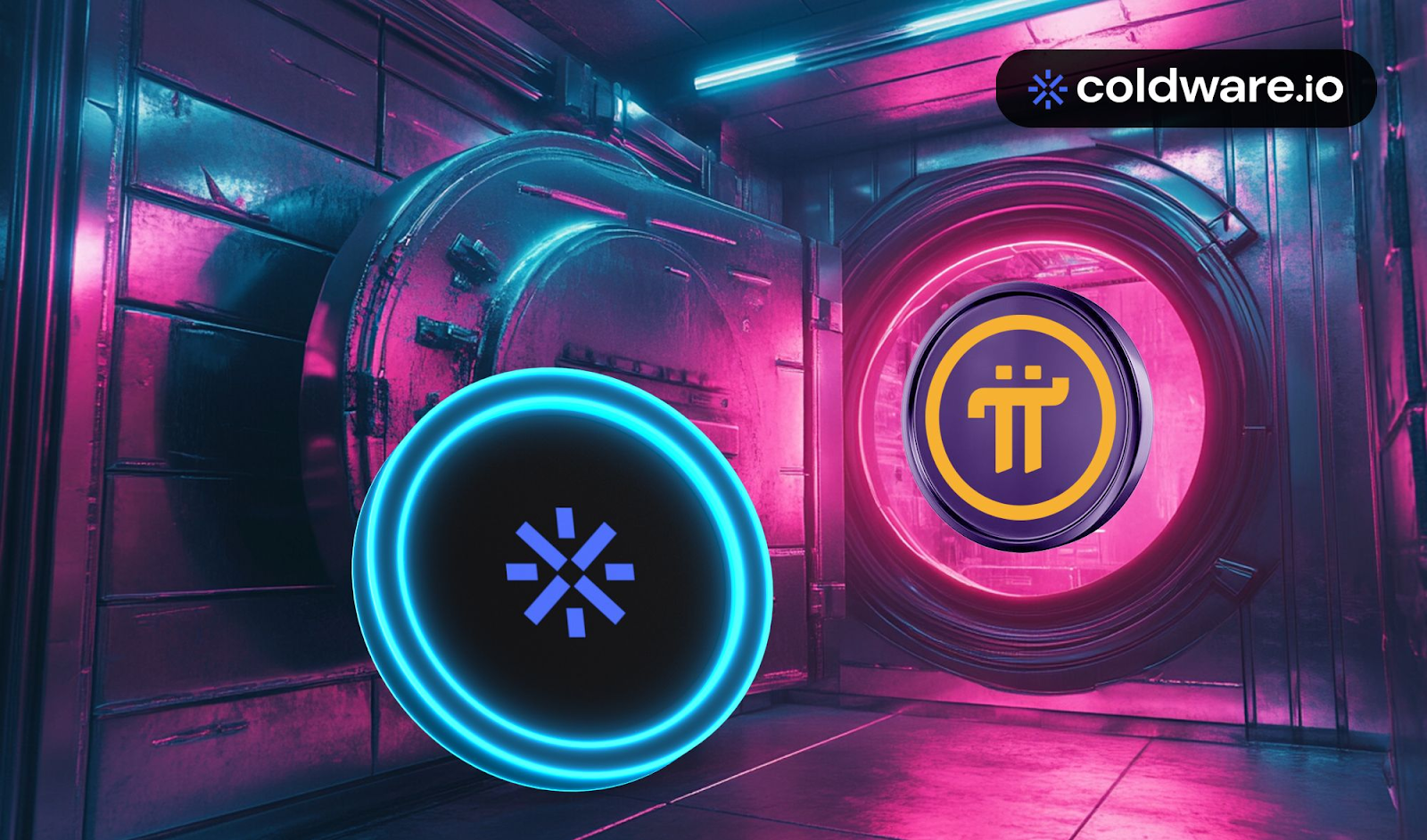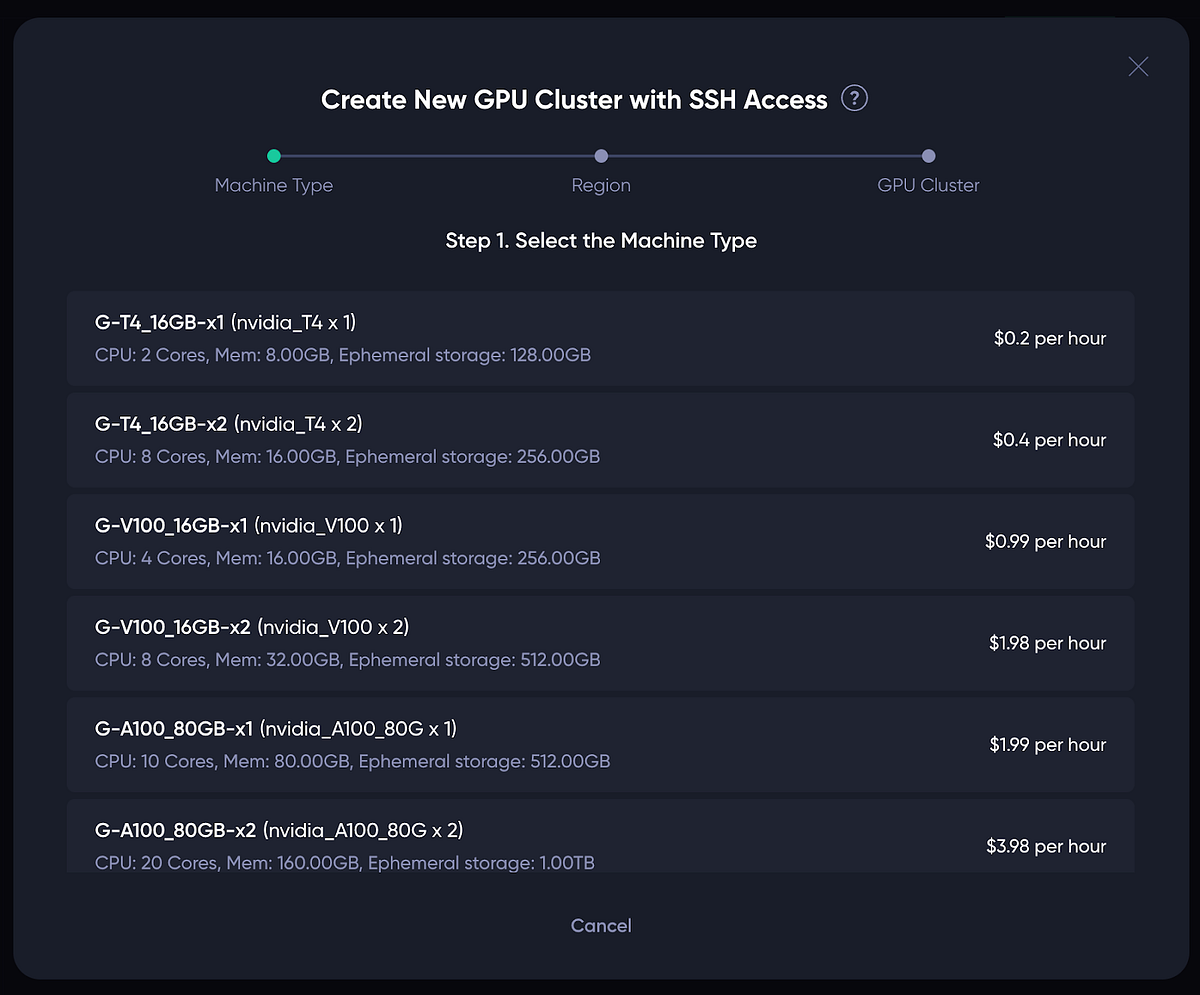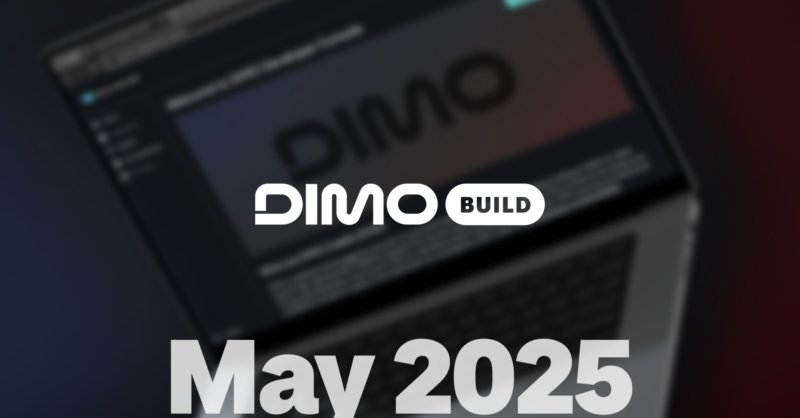Lit Protocol SDK v7 Released with Major Updates and Improvements
The Lit Protocol has announced the release of the latest version of its SDK, v7, which introduces a range of improvements and breaking changes designed to enhance performance and developer experience. Key updates include the removal of certain encryption functions and the introduction of new ones like encryptUint8Array and decryptToUint8Array, aimed at better handling of Uint8Array data types. Additionally, several functions have been relocated to streamline the SDK’s structure, and developers are encouraged to follow migration steps to adapt their existing code accordingly.
Another significant change is the transition from enums to constants within the SDK, which enhances type safety and reduces potential errors. The update also includes the removal of the LitAuthClient class, prompting users to initialize providers directly. This change reflects a broader effort to simplify the SDK’s architecture while improving encapsulation and usability. Developers must update their implementations to align with these new structures and methods, ensuring a smooth transition to the latest version.
Lastly, the SDK has undergone enhancements in error handling, with the removal of the throwError function in favor of custom error classes based on VError. This allows for more detailed error information and improved debugging capabilities. The update also consolidates WASM packages and upgrades cryptographic implementations, emphasizing the importance of thorough testing after migration. With these updates, the Lit Protocol SDK aims to provide a more robust and user-friendly development environment for blockchain applications.
Related News





